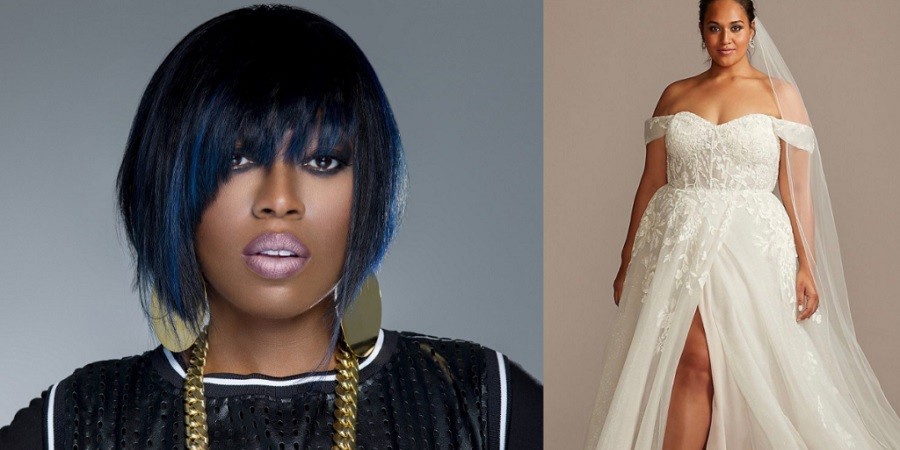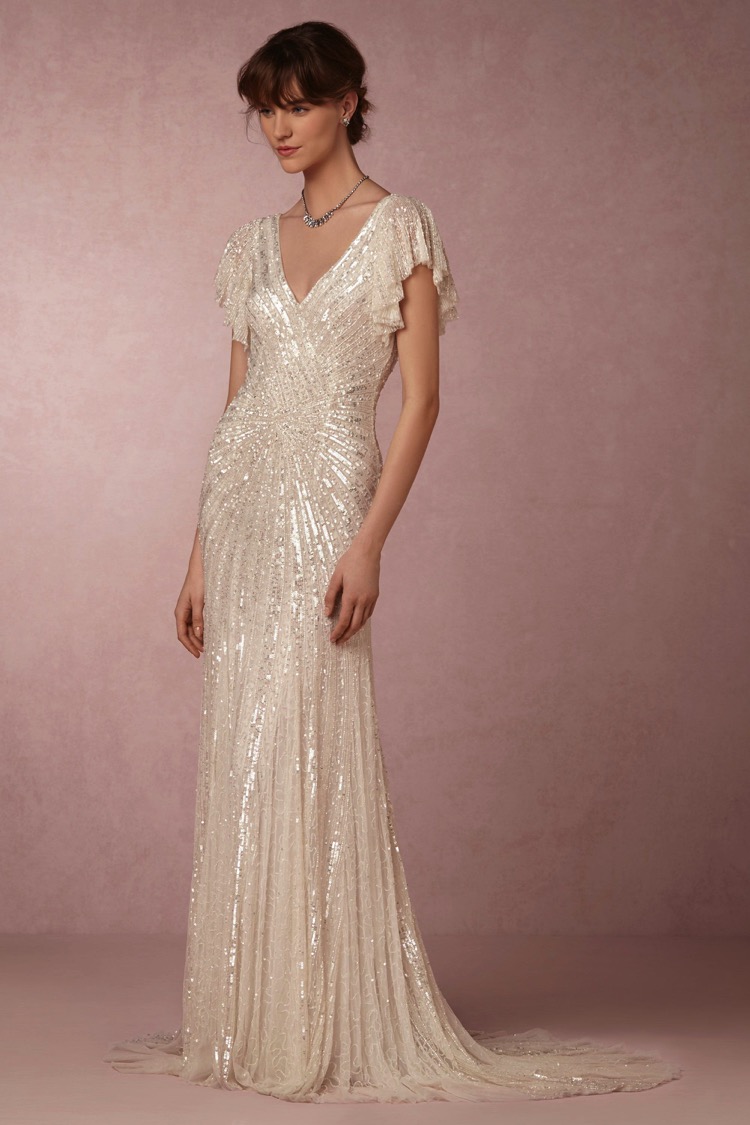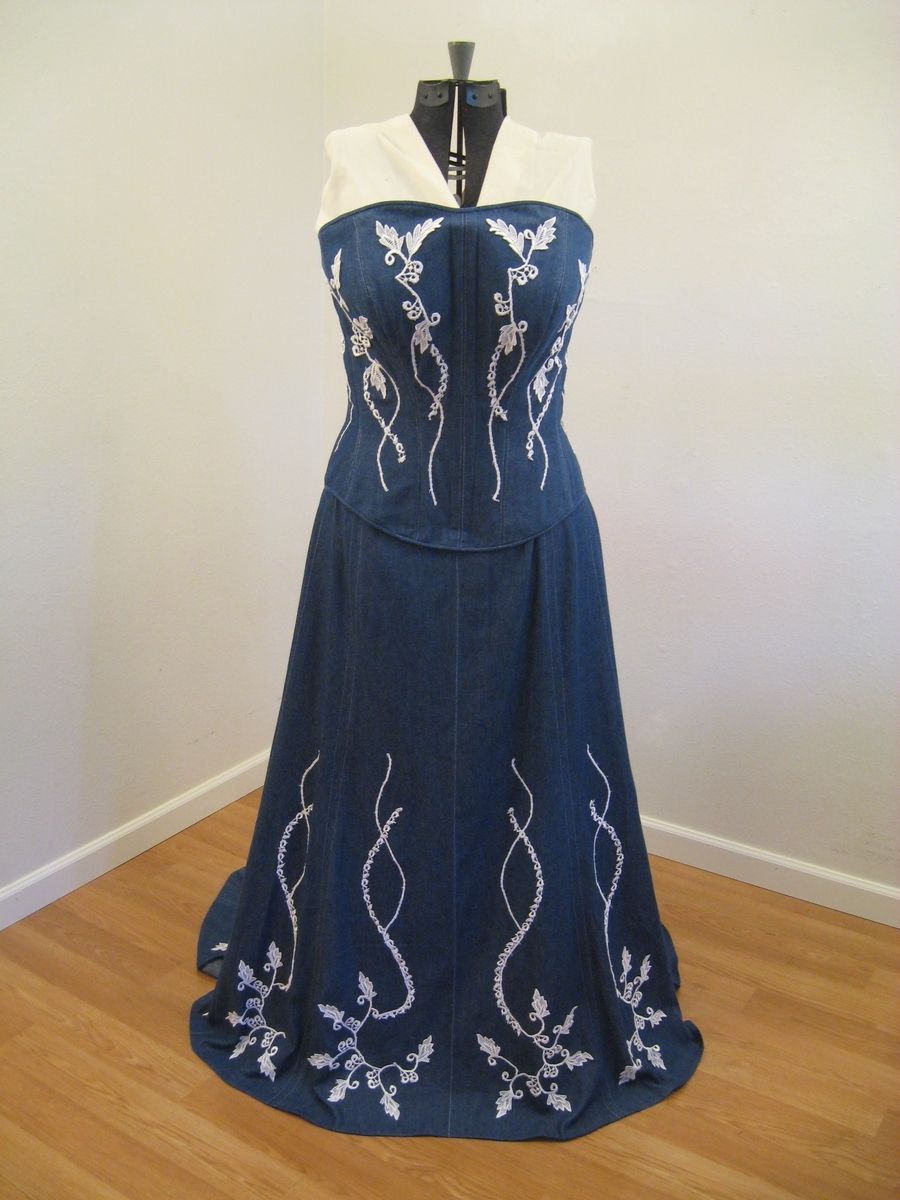Missy elliott pays for bride s dream wedding dress
Table of Contents
Table of Contents
When it comes to planning a wedding, one of the most significant expenses is the wedding dress. It is essential to know who is responsible for purchasing the wedding dress to avoid any misunderstandings or financial stress. In this article, we will explore who pays for the wedding dress and related keywords to offer you a comprehensive guide.
Pain Points of Paying for a Wedding Dress
Many couples often find themselves overwhelmed with the costs associated with planning a wedding. The expenses can add up quickly, causing stress and anxiety, especially when it comes to the “who pays for what?” question. The wedding dress is one of the most important aspects of a wedding, and knowing who will cover the cost can help reduce some of the financial pressure.
Who Pays for the Wedding Dress?
Traditionally, the bride’s family pays for the wedding dress. However, in modern times, there are no hard and fast rules, and the decision is made based on various factors such as the couple’s financial situation and personal preferences. The bride’s family may still offer to cover the cost of the dress, but it is also becoming common for the couple to split the cost or for the bride to pay for it herself.
Main Points of Who Pays for the Wedding Dress
The traditional expectation for the bride’s family to foot the bill for the wedding dress has shifted. With contemporary trends, we see the practice of splitting the price. Couples who have more financial independence often purchase the dress themselves. While there may be slight differences in who pays for the dress, it all depends on the couple’s preference, their financial situation, and sometimes even cultural traditions.
Personal Experience with Paying for a Wedding Dress
My sister recently got married, and being the maid of honor, I was part of the planning process. The bride had always dreamed of a particular designer wedding dress that was out of her price range. To her surprise, the groom’s family offered to pay for the gown as a wedding present. It was a kind gesture that made the bride and groom feel special and loved. It’s essential to remember that there’s no one-size-fits-all answer - every couple’s experience is unique.
Factors Determining Who Pays for the Wedding Dress
Several factors can determine who pays for the wedding dress. Some of these include the couple’s financial situation, cultural traditions, and personal preferences. Couples who are comfortable sharing expenses may opt to split the cost of the dress. While others who have more financial independence often purchase the dress themselves.
Financial Situation
One of the primary factors that determine who pays for the wedding dress is the couple’s financial situation. If the bride’s family is in a position to offer financial assistance or cover the dress’s cost, they may do so. However, if the couple has more financial independence, they may choose to pay for it themselves.
Cultural Traditions
Cultural traditions also play a significant role in who pays for the wedding dress. In many cultures, it is customary for the bride’s family to pay for the dress as a sign of respect and a gesture of goodwill towards the groom’s family. However, in some cultures, the cost of the wedding dress is split between the families or paid for entirely by the groom’s family.
Question and Answer
Q: What if the bride wants an expensive wedding dress, but the family cannot afford it?
A: It’s essential to be honest with the bride about what is and isn’t financially feasible. She may have to adjust her expectations and choose a dress that is within her family’s financial means, or the couple could opt to pay for it themselves.
Q: What if the groom’s family offers to pay for the wedding dress, but it goes against cultural norms?
A: It’s essential to have an open and honest discussion about cultural norms and expectations. If the couple and their families agree, the groom’s family can cover the cost of the dress, but if cultural tradition dictates otherwise, the couple should consider alternate options to avoid any conflict.
Q: Can the wedding dress be covered under the wedding budget?
A: Yes, the wedding dress can be included in the wedding budget. If the couple chooses to pay for the dress, it should be factored into their budget along with the other wedding expenses like decor, music or catering cost.
Q: What if the couple opts to forego purchasing a wedding dress?
A: Some couples may opt to skip the wedding dress altogether, either due to finances or personal preference. They could wear something they already own or purchase something more straightforward, like a cocktail dress, instead of a traditional wedding gown.
Conclusion of Who Pays for the Wedding Dress
Ultimately, who pays for the wedding dress depends on several factors, including the couple’s financial situation, cultural traditions, and personal preferences. Having an open and honest conversation about the expectations and budget can help avoid any confusion or financial stress as the big day approaches. Regardless of who pays for the dress, it’s essential to remember that the wedding is about celebrating the union of two people in love, and that’s what truly matters.
Gallery
A Guide To Who Traditionally Pays For The Wedding | WeddingDresses

Photo Credit by: bing.com / wedding who pays family traditionally dress bride weddingdresses parents guide boutonniere connection photography
Who Pays For The Wedding Dress? (And Other Things) - Myperfectwedding.org

Photo Credit by: bing.com /
Missy Elliott Pays For Bride’s Dream Wedding Dress - :) Healthy Happy News

Photo Credit by: bing.com / missy elliott pays dream
Традиционни Сватбени Рокли от Целия Свят | Traditional Outfits

Photo Credit by: bing.com /
A Guide To Who Traditionally Pays For The Wedding | WeddingDresses

Photo Credit by: bing.com / weddingdresses traditionally connection





